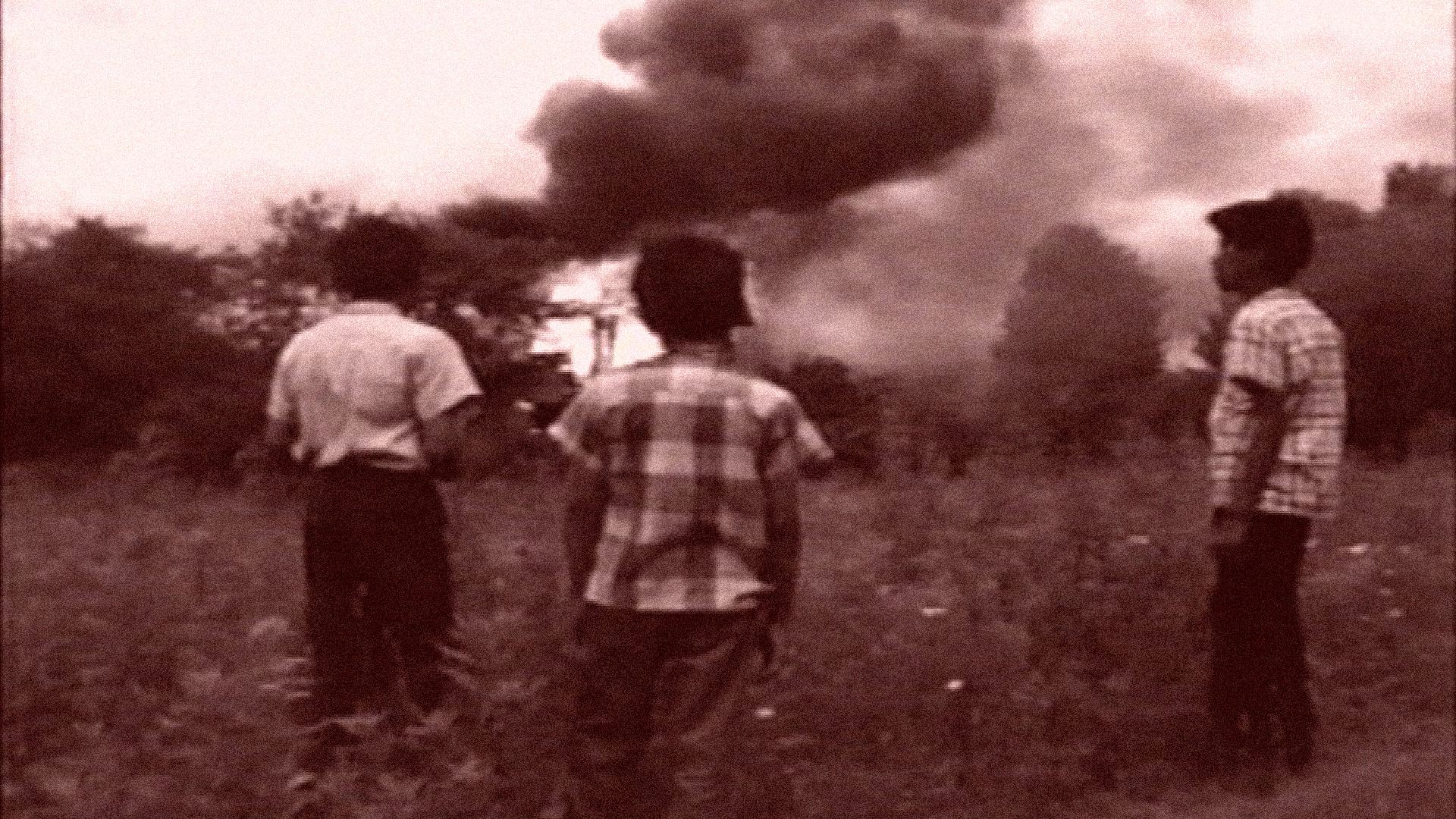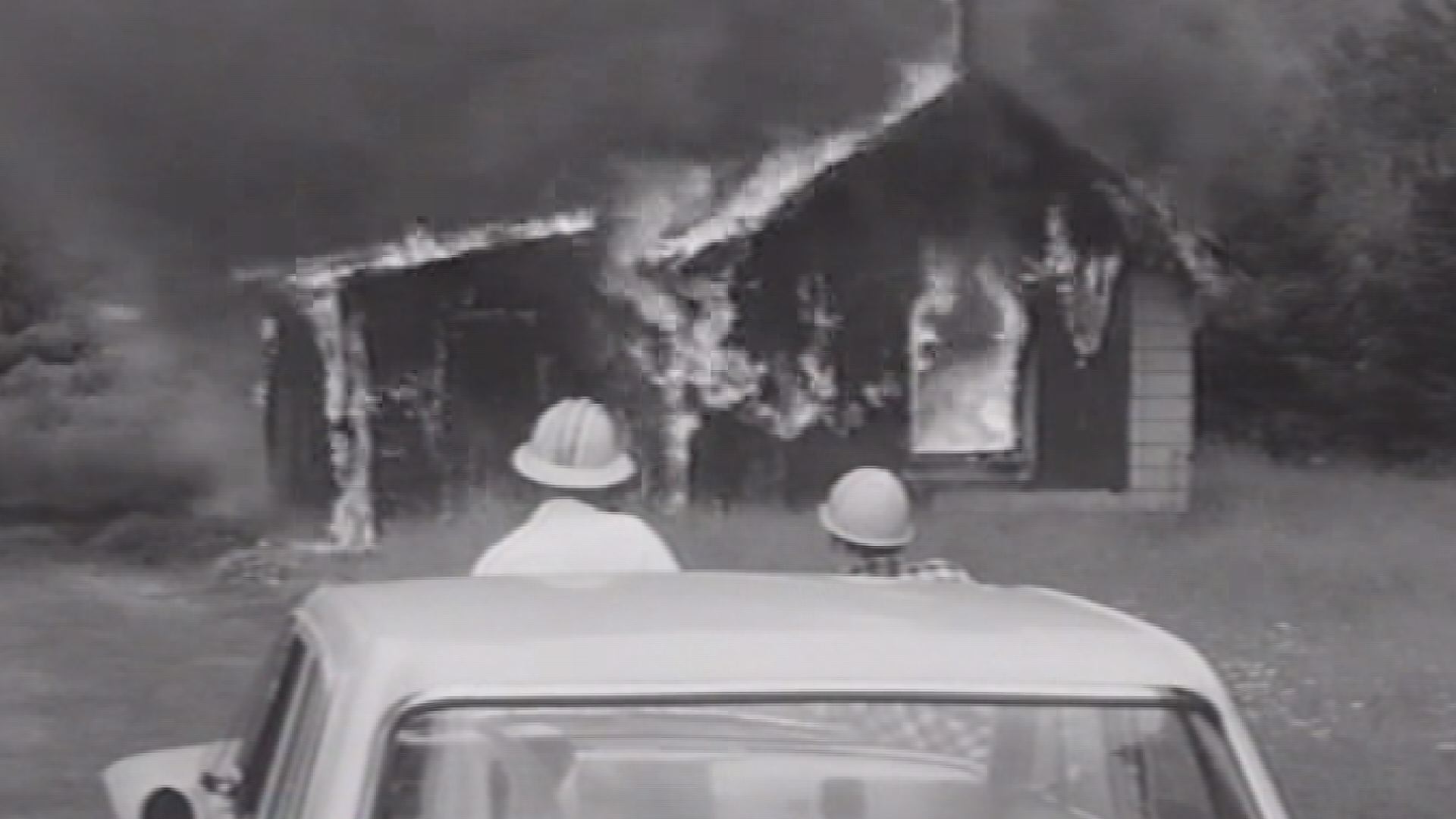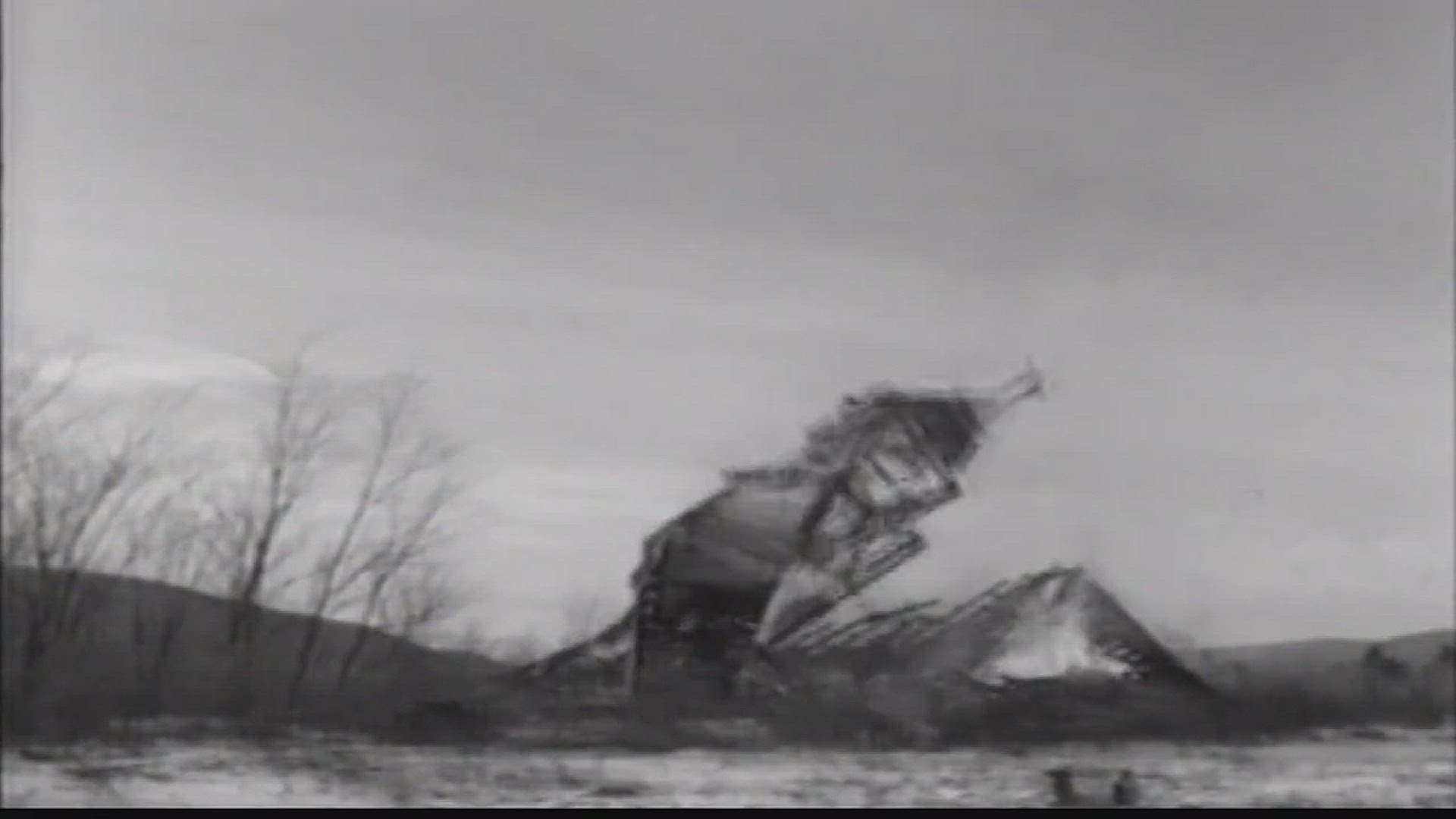The Allegany Reservoir in Onoville attracts tourists from all across New York and Pennsylvania. Here you'll get great opportunities for fishing, camping and boating. But its placid surface today belies the dark depths of its deep and troubled past.
The Seneca Nation Of Indians are no stranger to broken promises from the United States. As with many First Nations across this country, treaties with the American government were routinely reneged upon, and always to the detriment of the Native American people. The Seneca Nation have lived in New York for thousands of years, and in the Southern Tier for hundreds of years.
In the mid part of the twentieth century the Senecas lived on over ten thousand acres in what is now the Allegany Territory. But that changed drastically in 1960.That's when the Federal Government and The Army Corps Of Engineers began construction of the Kinzua Dam, which was built on the Alleghany River to help alleviate flooding downstream. To do this, over six hundred people were forced from their homes in the name of " progress". The Seneca Nation saw it otherwise. They believed it broke the Treaty Of Canadaigua, signed in 1794 by President George Washington. The treaty granted the land to the Senecas in perpetuity.
"They felt like the United States would just honor George Washington's signature, and you know, abide by what the treaty had said. " said David George-Shongo, Director of the Seneca-Iroquois National Museum.
Unfortunately for the Senecas, the U.S. did not honor the treaty. Appeals went as far as President John F. Kennedy, and were denied. Former Seneca Nation President Dennis Bowen explains:
"President Kennedy violated his oath of office, he betrayed the United States Constitution, betrayed the law. Article six of the Constitution says treaties are the supreme law of the land. President Kennedy broke the law. Congress pushed the Kinzua Dam. Congressmen broke the law. We took it to the federal courts, and the federal court says, 'no, the Kinzua Dam is going to happen. Can't stop it.'"

So the land was taken by eminent domain, and the Seneca families were forced from their homes into new homes provided by the government. They were compelled to assimilate to modern American society. For people who were living off the grid, hunting and gathering, living a peaceful and fulfilling life, being torn from their lives was beyond traumatic.
"We had everything we needed within the community," recounts another former Seneca President, Maurice "Moe' John. " And if we didn't, someone would help every family that needed help. "
George-Shongo recalls the sadness of those who were displaced:
"Once they moved, you hear stories about people going back, even though the house wasn't there, you know, just sitting on a blanket in the yard, looking at the stars, remembering when. It was just too much of a...too much of a change for them...they just..(sighs ) "

For Seneca Councillor Steve Gordon, who was a teen when the dislocation happened, the conclusion to his former life came emphatically. His father couldn't stand the idea of someone else demolishing their home. He drove his family back to the old homestead, and took matters into his own hands.
"He took a can of kerosene, and he went to the house, the front porch, and he started the fire," Gordon said. "It was a small home and the fire traveled fast and in minutes he came back and sat in the car with us and we all just sat there and watched the house burn."
The people were suddenly thrust into an fast-paced world that was alien to them. Things taken for granted in modern society like electricity and indoor plumbing, they viewed with amazement. Some may see this as an advancement, a thing to be thankful for. But for the displaced Senecas, the cost of assimilation to Western society was not worth it.
"I heard that criticism too in the city," Gordon remembers. "They said, 'why are you guys complaining? You got everything you could possibly need, you got a brand new home. Why aren't you guys happy?' How does a home make somebody happy ? My grandfathers weren't happy."
John agrees. "Nothing is really like it was then," he says. "And the freedom, the cost of freedom, I think, is a little bit different now than it was then, and the freedom we had then was enjoyed by everyone, not just a few. "
It's been over 50 years since the Seneca people were forced from their land. Though the wound still runs deep, the Nation, as it always has, has persevered and remains strong. Their culture has survived and they are an economic power in Western New York. Most have discarded the bitterness of living through such a miscarriage of justice, but they will never forget.
Each year, John says they hold a Day Of Remembrance to honor the spirits of those who passed during that time, and to make sure that such a tragedy never happens again.
"We need to promise not to let it happen in any form again," he said. "I made that promise to my father, and I heard other sons promise to their fathers. It was something that was taken very seriously, that we hold today as our guiding principle. "
"Up to this point, after two hundred years, they still haven't found any treaty that we've broken," Adds George-Shongo.
Gordon says that the people have retained their values despite the adversity.
"Respect for our elders. Respect for Mother Nature. That caretaker status that we've taken. That's the value that we still treasure. So we still have those values, after fifty years, we're still here. "

